If statistics are anything to go by, more and more people are embracing every effort to keep their skin beautiful, flawless and youthful. Healthy lifestyles and good skin care routines are key factors in achieving this.
Numerous products have flooded the skin care market and Hyaluronic Acid has aroused enough interest to be noticed. While it naturally occurs in your body and comes with a ton of benefits for your skin, is Hyaluronic acid really your skin savior?
If you truly care about your skin, it is perfectly normal to be sceptical before putting anything on your skin, especially if it is an ‘acid’.
With this in mind, we have prepared everything you need to know about Hyaluronic acid below.
What Is Hyaluronic Acid?
Hyaluronic acid (HA) is a substance which is naturally present in our bodies and which provides cushioning and lubrication to the joints, hair, skin, nerves and eyes. HA is most abundant in the skin, which accounts for 50% of the total HA in the body. It is responsible for keeping the skin hydrated, plump, and soft.
Do I Need Hyaluronic Acid Skin Products?
Now that your body seems to take care of itself without much help, you might be wondering what the hype about HA products is all about, right? When you are young, the body’s processes work at their optimum, including HA production which keeps your skin healthy.
As you age, the ability of the body to synthesize HA greatly diminishes.
This leads to the loss of moisture and elasticity by the skin, leading to haggard, wrinkled and old looking skin. That is why there is a striking difference between the skin of a baby, and that of a 40 years old adult.
HA skin products are meant to supplement your skin’s diminishing supply and to ensure that you keep enjoying the same benefits.
Sources of Hyaluronic Acid
While HA is found in human tissue, for skin care products the acid is harnessed from animal or plant sources.
Animal Based HA: All animals produce the acid but for commercial purposes, chickens are considered to contain the best. The main source is the comb but the acid can also be gotten from cartilage. This form of HA is usually found in supplements and injections.
Plant Based HA: Microbial fermentation is another source of the acid. Known as vegan hyaluronic acid, the product is fermented from bacteria cultures. This is the main method of harnessing the acid since it’s more cost effective and eco friendly. The product is commonly found in creams, serums and makeup.
Expert Advice: Don’t go for animal based HA if you are allergic to chicken protein. On the other hand, if you are going for plant based HA and you are sensitive to wheat, check with the manufacturer to ensure wheat does not feature in the product.
How Does Hyaluronic Acid Benefit Your Skin?
There are many ways in which supplementing your body’s HA benefits your skin:
- Skin Hydration– the ability of the acid to deliver lasting moisture to the skin lies in its humectant properties. This is a unique ability to bind and retain water molecules. In fact, a HA molecule can bind up to 1000 times its weight in water and hold it for the skin to absorb at will. This can be supplied through topical application.
- Anti-aging benefits– HA has a space filling capacity. While topical application can help a little with this, the benefit can be best tapped through dermal administration. When injected into the skin, it fills up your skin which in turn smoothes out fine lines and wrinkles. A hydrated skin also looks firmer and more youthful.
- Protective Barrier– A dry skin is more sensitive and prone to infection, rashes, discoloration and damage from elements. HA creates a moisture rich barrier which keeps your skin healthy and protected. Additionally, it also comes with antioxidant properties that help to protect your skin against external aggressors.
- Healing support– HA is responsible for tissue repair and triggering inflammatory response during an injury. This enhances your skin’s healing ability. The same is enabled when HA molecules are deposited into your skin.
What’s the Difference Between Hyaluronic Acid and Sodium Hyaluronate?
Sometimes, Hyaluronic acid and Sodium hyaluronate are used interchangeably. The two are closely related, but are not exactly the same. Sodium Hyaluronate is a salt of HA. The salt comes in smaller molecules that the skin can absorb more easily compared to the acid.
While they both are helpful in the same way, they are often used at the same time to deliver maximum benefits. Sodium Hyaluronate comes at a cheaper price though, so you are likely to encounter more of it in skin care products.
Types of Hyaluronic Acid Products
HA for the skin comes in several forms of over the counter products and prescriptions. These include;
1) Serums and Creams
Serums and creams are sold for topical use. While serums are gooey and light, HA creams are a little thick. Creams are sold OTC as ‘with hyaluronic acid’; this is because the acid is part of other ingredients like vitamin C, essential oils and chemical exfoliants such as Alpha Hydroxy Acids (AHAs).
2) Hyaluronic Acid Supplements
HA supplements come in form of capsules. These are best taken following a doctor’s consultation since the drugs have varying concentrations of AH. Typically, an adult takes 50mg to 200mg per day for a month or longer if so prescribed. There also 300mg tablets available OTC but we recommend talking to a doctor before going for such high doses.
3) Injectables
These are dermal fillers which are injected on the affected area or the face for an anti-aging effect. The HA concentration of these injections depends on the condition being treated hence it’s advisable to seek out a doctor or a dermatologist for the procedure.
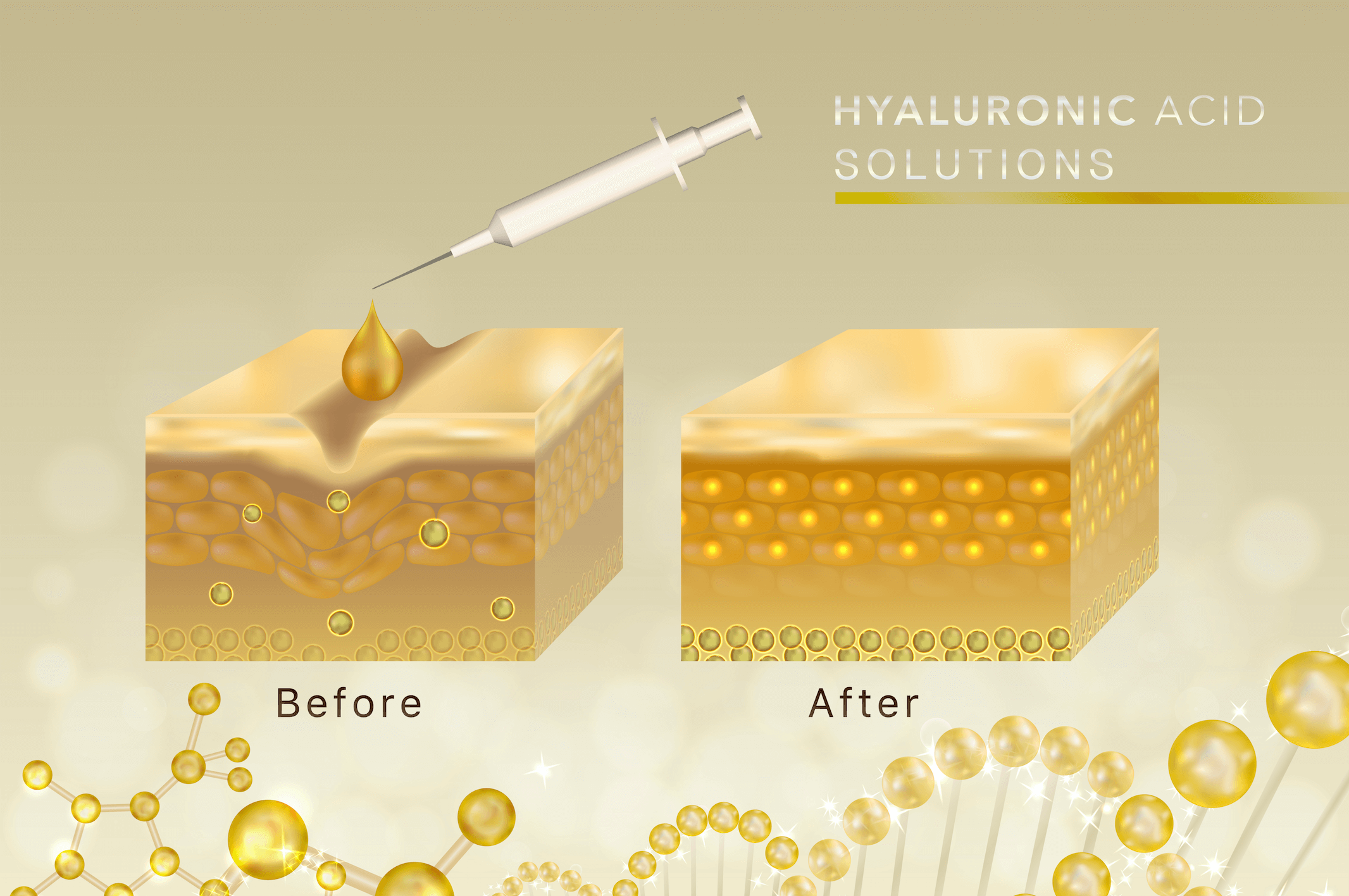
4) Makeup
HA is also a popular ingredient in makeup. The acid constitutes foundation and primers where it helps in filling fine lines and wrinkles. The acid is also found in lipstick and lip balm where it comes handy in moisture retention and plumping up your lips.
Is There Scientific Evidence In Favor of Hyaluronic Acid?
There are numerous clinical trials on the efficacy and safety of HA use. A look at some of these studies can help you in making an informed decision on whether or not to use the acid.
- The efficacy of HA in treating wrinkles, skin elasticity and skin hydration was investigated in a study involving 33 women. In a period of 8 weeks, parameters such as skin uniformity and skin pigmentation were assessed using periodical images of the participants.
HA was found to have improved the appearance of wrinkles by 40%, skin hydration by 96%. Skin firmness and elasticity also improved by up to 55% at the end of the trial. The moisturizing effect of HA lotions, serums, and creams was also found to be significant after 2, 4 and 8 weeks of use.
- A study on the effectiveness of HA on wrinkle correction was investigated using dermal fillers. The study involved an initial injection followed by repeat treatments after 6-9 weeks for a period of 21 months. At the end of the trial, it was concluded that HA dermal fillers were effective in reducing aging signs and safe to use any skin type.
- The effectiveness of HA oral supplements on the skin was investigated in a study involving 20 participants for a period of 40 days. Skin parameters were assessed at different intervals; at baseline, half way and at the end of trial period. Results showed that HA supplements were effective in increasing skin hydration, decreasing skin roughness and reducing wrinkles depth.
How to Use Hyaluronic Acid
HA is beneficial to all skin types. However to get the best result, you should follow the ‘how to use’ instructions on the label. Before you use the product, first carry out a patch test: Apply the serum on a small area of the skin and let it stay for about 24 hours. If there is no adverse reaction then you can go ahead with the treatment, by following these two simple steps;
Step 1: Wash dirt and oil off your skin. After, dry your skin but not completely since a little dampness will give the acid something to latch on.
Step 2: Apply a thin film on your skin and mask it with a moisturizer.
For best results apply HA twice in 24 hours; once in the morning and before retiring to bed. During the day, add sunscreen as the last layer.
Additional Tips for Even Better Results
The following tips can help you get better results and ensure that they last longer;
- Don’t overdo washing and scrubbing your face. When you do, it is possible to interfere with the skin barrier and impair your skin’s ability to hold onto moisture. Instead, gently exfoliate your face or better still, do a chemical exfoliation to remove dead skin layer and help the serums/creams work better.
- Give your skin a hydration boost through your diet. You can achieve this by eating green leafy and root vegetables, citrus fruits and drinking plenty of water.
- Make your skin care routine consistent; this is the only way to weigh if you’re getting desirable results.
- Apply HA on a damp skin. Since the product literally pulls in moisture, applying it on a dry skin may have opposite effect. HA may be forced to absorb moisture from the deeper layers of your skin to hydrate your top-most layer.
- If your skin is too dry, try a product that contains both HA and something oily.
- Try mixing HA into your other skin care products such as lip balm, body lotion, hair food etc.
- Use different products for different parts of your body or different purposes e.g. eye serum, HA serum from vegan sources, lip balms etc.
Are There Side Effects Associated With Hyaluronic Acid?
Topical application of hyaluronic acid is not associated with any known side effects. There are however some mild discomforts that can come from injections and oral administration.
- Injections may not be allergic to the recipient but they can be painful. This is due to lack of lidocaine (a numbing medication) in the formulation. The pain however subsides after a short while.
- Inflammation and temporary swelling is possible with injections. Some mild redness also occurs on the injected area but it clears as the acid is absorbed.
- When taken orally, the acid can result in a fever breakout especially after a few doses. Oral supplements can also increase bleeding if one is wounded.
- HA injections for dermal filling have also been associated with bluish or purple discoloration at the injection site in some people.
- Queasiness, stomach aches, headaches and diarrhea have also been reported in some patients, especially first-timers.
Not many studies have been carried out to understand the safety of the acid use during pregnancy. It’s therefore advisable for expectant mothers to consult a doctor before taking the medication or just stay clear of it. Lactating mothers should also avoid the acid since there is no much data on the acid’s effect on breast milk.
The Cost of Hyaluronic Acid
The cost of HA varies across the different forms of the product.
- For creams and serums, you can expect to pay anywhere between $15 and $40 for a 30ml bottle or tube.
- The cost of antiaging HA capsules depends on the number and the strength of the supplement. A pack of 120 pills each 100mg goes for $15 to $35.
- A kit of makeup with HA as part of the active ingredients goes for $10 and $30. Such kits contain; eye shadow, lip balm, foundation and primers.
- The cost of HA dermal fillers depends on the doctor’s fees, the brand, volume of filler, and your geographical location. The cost is usually about $600 and above.
The Bottom Line
When all is said and done, is Hyaluronic acid really your skin savior? Yes indeed and here’s why: While old age is inevitable, you get to choose exactly how your skin will age and Hyaluronic acid has a lot going for it; your body is already used to the stuff anyway, it is scientifically proven to work, it has no known adverse side effects, and above all it is friendlier to your pocket compared to other procedures like laser skin treatments meant to bring about the same results.

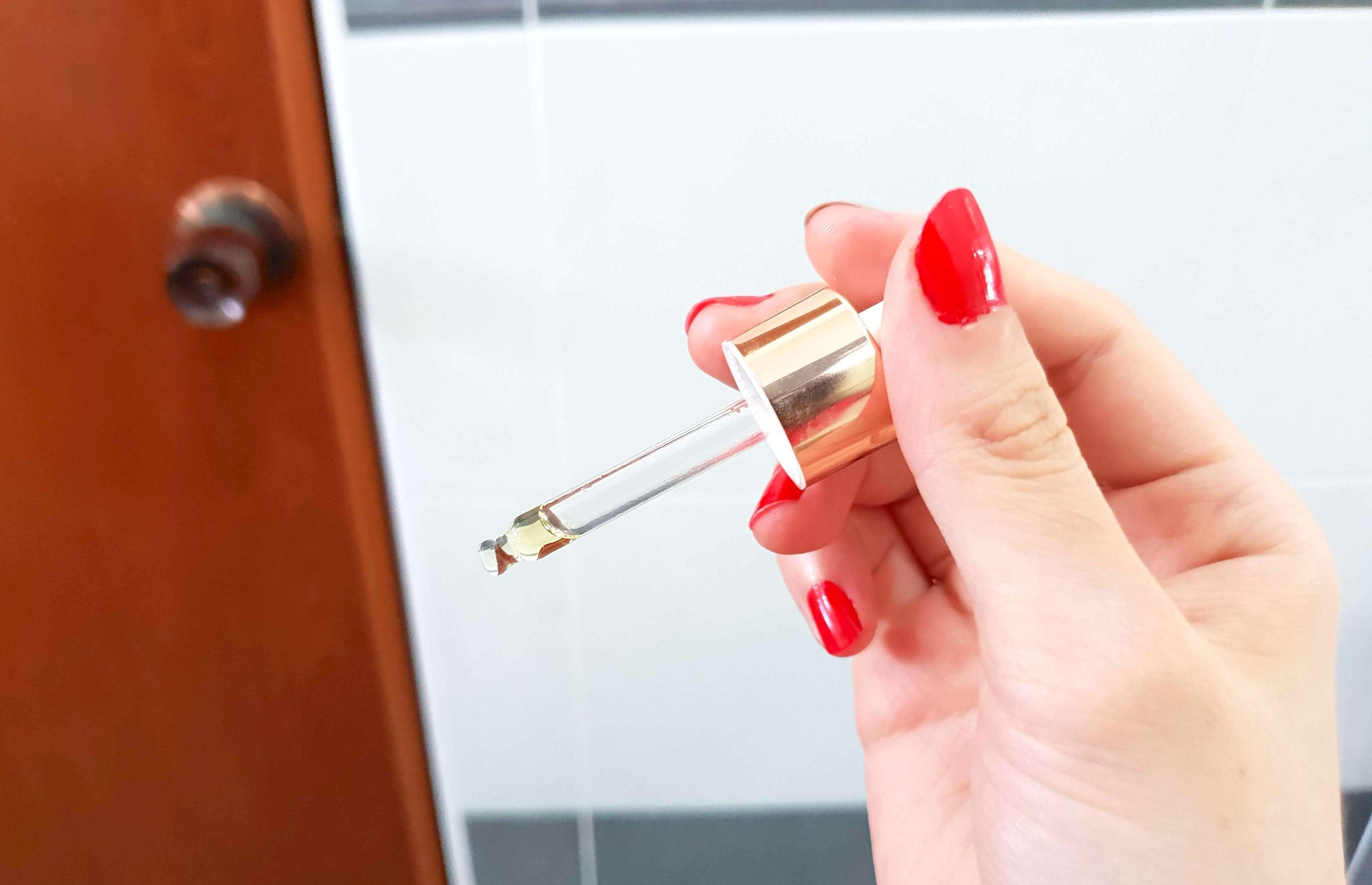
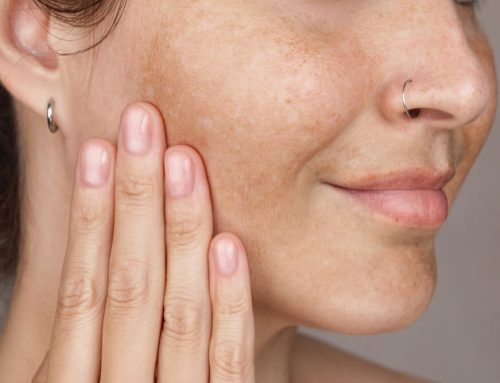
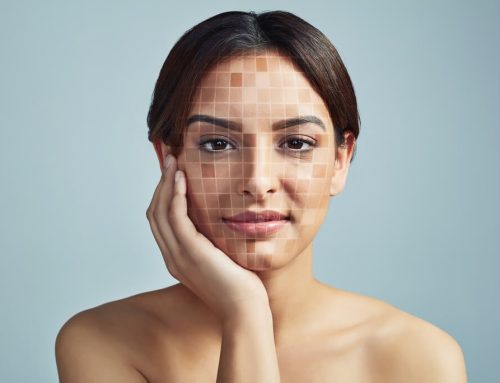
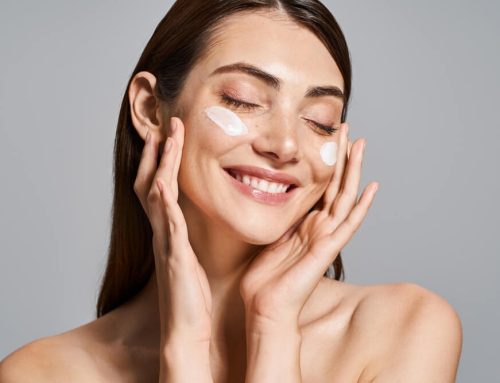

Leave A Comment